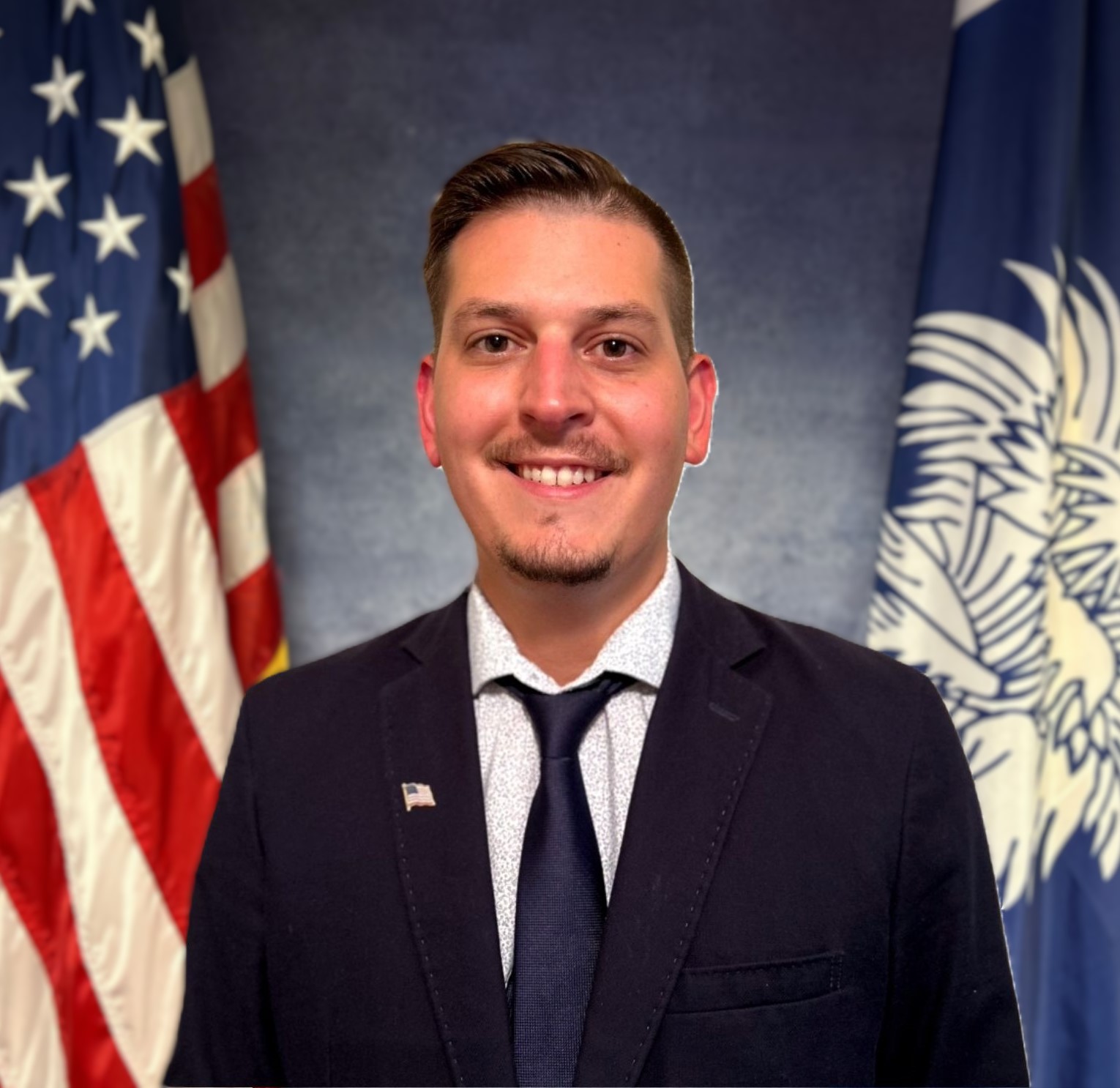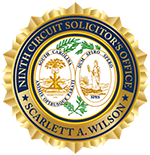Community Juvenile Arbitration Program

Director of Juvenile Diversion Programs,
Nathan Shervinskie
Background
The Juvenile Arbitration Program was started In Florida several years ago to give juvenile offenders an opportunity to divert their records by completing requirements determined by a volunteer arbitrator. In 1983 the first Arbitration program began In South Carolina and In 1996 the program began expanding across the state. The 9th Circuit Solicitor's Office adopted the program for Charleston County in 1999 and expanded to Berkeley County in 2003.Objectives Of The Juvenile Arbitration Program
- Permit the first time juvenile offender, of an eligible crime, to divert their charge from formal court proceedings by completing a list of tailor-made requirements that are determined by a volunteer Arbitrator.
- Reduce the workload of the Department of Juvenile Justice, Assistant Solicitors, and Family Court Judges by removing certain cases from the system, allowing them to concentrate on more serious/violent offenders.
- Allow the juvenile offender an opportunity to repair harm that they have caused to a victim and the community.
- Encourage the community to become Involved In the Juvenile Justice System.
How It Works
When a juvenile is charged with a crime, the case is sent to the Solicitor's Office. If the case is appropriate for Arbitration and approved by the program director it will be diverted by an Assistant Solicitor for completion of the program requirements. The Director of the Community Juvenile Arbitration Program, a division of the Solicitor's 0ffice, will establish a hearing date and inform the following parties.
- Juvenile and parents
- Victim
- Arresting Officer
The program is voluntary and at this point the juvenile or family member may decline to participate. These cases will be returned to an Assistant Solicitor for formal Family Court proceedings. Those that accept Arbitration will proceed through the hearing process. At the hearing the Arbitrator determines the facts of the case and formulates appropriate consequences. The Arbitrator will also attempt to determine if the juvenile's family is in need of assistance from available resources (counseling, crisis intervention, assessments, family services, etc.). The Arbitrator will determine sanctions for the juvenile such as:
- Education - attend a session of General Sessions Court; visit a correctional institution; attend substance abuse counseling or programs as deemed appropriate.
- Restitution to victim.
- Community Service - work in the community for a certain number of hours.
The Arbitrator will monitor the progress of the juvenile in completing the requirements. If the Arbitrator realizes other assistance should be given the youth or family, the Arbitration Office will make any other appropriate contacts. When all requirements are satisfied the case will be closed as a Diverted charge and no record of conviction or adjudication will be made. The youth who completed the program can truthfully say that he/she has never been convicted of a crime. It is hoped this will end the juvenile's involvement with the Criminal Justice System.
Volunteers
The program is built around citizen volunteers who act as the Arbitrators to conduct hearings and monitor the juvenile's progress in meeting the requirements. To develop qualified Arbitrators a training course is provided with classes in the following areas:
- Juvenile Criminal Justice
- Criminal Law
- Communications Skills
- Hearing Format and Technique
- Restorative Justice
- Victimization
Once the Arbitrators have passed all requirements, they will be assigned two cases per month. They will also be expected to follow up previous hearings, for a total time commitment of approximately eight hours per month, or two hours per week. In a typical case it will take approximately three months for the juvenile to complete defined requirements and have his/her record cleared.
Juvenile Arbitration has a 9% recidivism rate statewide and less than 8% recidivism rate in Charleston County.
